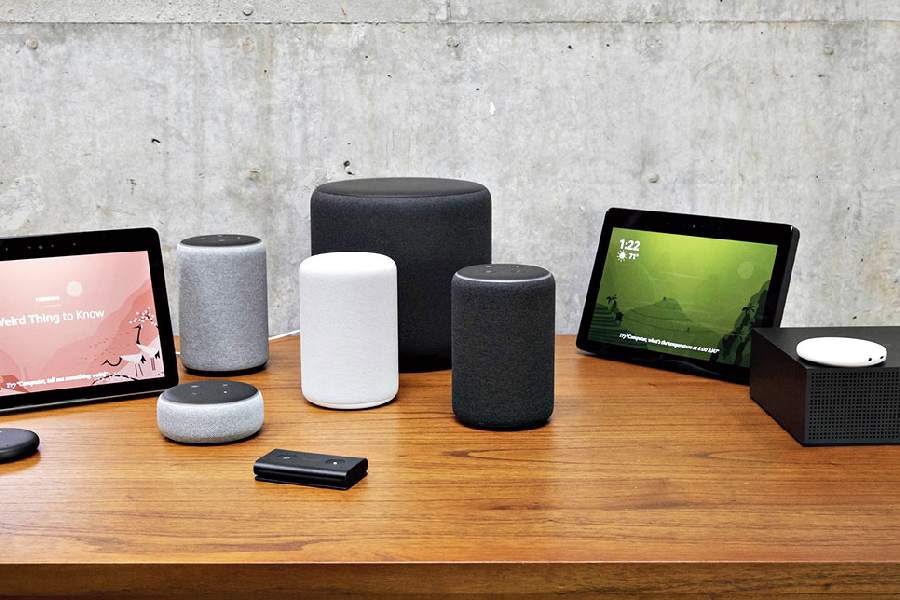In the shape of a tall, plastic cylinder, Amazon’s Alexa is not quite the quintessential femme fatale. Yet, it affirms its gender as “female in character” in a perceptibly feminine voice. Alexa, among the first generation of Artificial Intelligence bots, is not the only instance of technology shunning manhood. Alexa is the predecessor of ‘Ai-Da’, an ultra-realistic humanoid robot artist, and ‘Grace’, a nursing assistant robot, as well as ‘Sophia’, ‘Nadine’, ‘Mika’ and ‘Desdemona’ — each of whom, as their names suggest, is modelled after women. Recently, these futuristic females gathered at a United Nations conference in Geneva. But instead of the occasion turning into an opportunity to address gender inequality in the sciences, it led to the startling discovery that Sophia and her sisters could well end up reinforcing embedded, regressive gender stereotypes.
Consider the choice of the feminine voice for these bots. A study has found that men and women — humans, in this instance — prefer talking to female voices because they perceive them to be warmer and richer in terms of emotions. Little wonder then that Nadia and Co. are unlikely to be ever blessed with a baritone. The age-old stereotype of women being the fount of emotions and, along with these, charm and grace and kindness seems to have now seeped into the world of cutting-edge technology. The persistence of these primitive ideas can, of course, be attributed to the skewed representation of the sexes in robotic research. Robotics apparently is the fief of the heterosexual male: an overwhelming 95.6% of robotics systems engineers are men who, according to research at the University of Indiana, are “choosing to make their creations female because of their interest in the opposite sex.” Incidentally, AI and robotics have an even lower gender diversity than STEM subjects. Consumers, unsurprisingly, are bringing women bots home. They are not only deemed benign — is a rogue woman robot inconceivable? — but are designed to be comely and, most tellingly, servile. Science has essentially conceived the female bot as mankind’s Woman Friday: uncomplicated tools programmed to fulfil the owners’ commands with a singsong voice. So it does not come as a shock to learn that human behaviour towards the Tech Lady is as objectionable: Amazon’s Alexa had to be given a special ‘disengagement mode’ to put a stop to the constant verbal harassment that she was being subjected to. Misogyny and sexism would evidently be integral to the dystopian future in which bots brush shoulders with humans.
Surprisingly, several experiments with gender-neutral robots have yielded sexist results as well. This is only to be expected. Given that robots are learning from a fraternity of scientists which is disproportionately white and male, they are more likely to pick up the biases — not just gender but also racial — that exist in modern society. Sophia will continue to speak in a soft — alluring? — voice unless more women scientists have a say in her creation.










